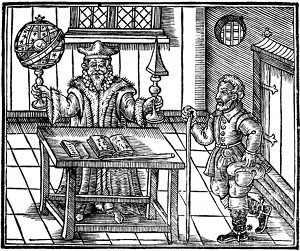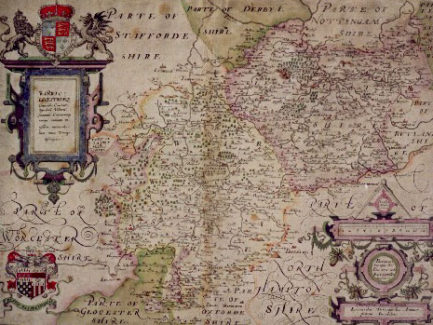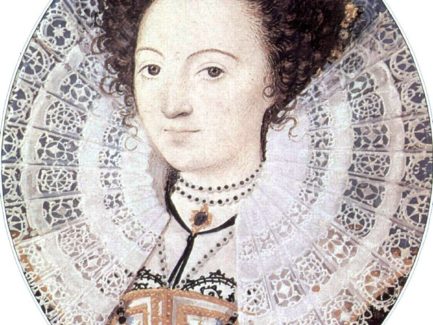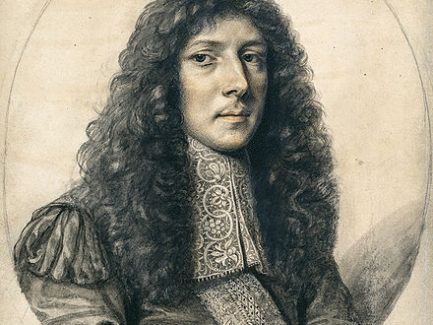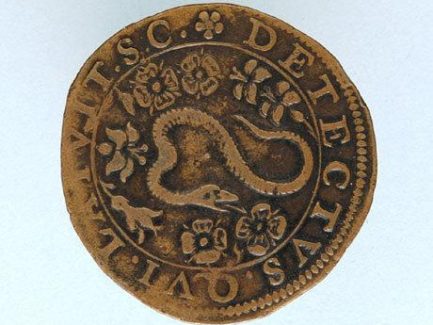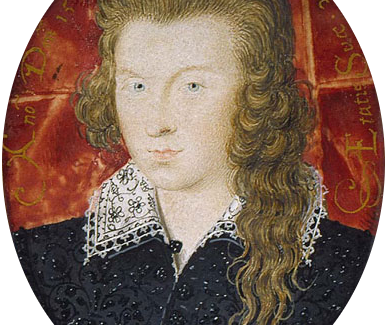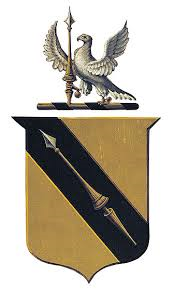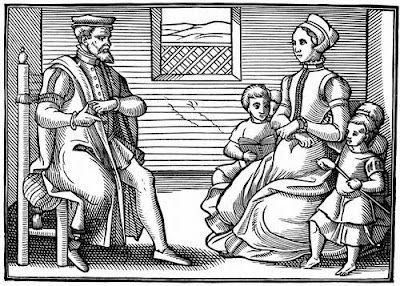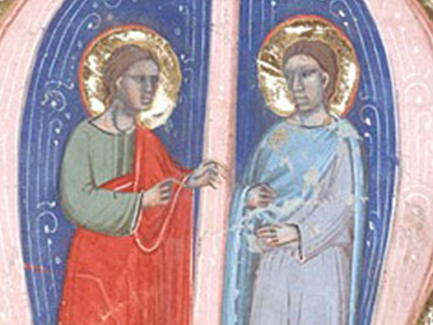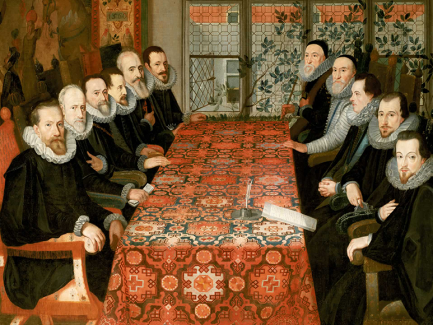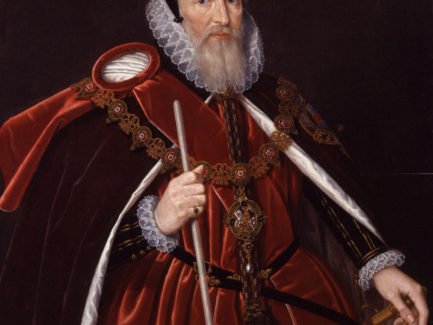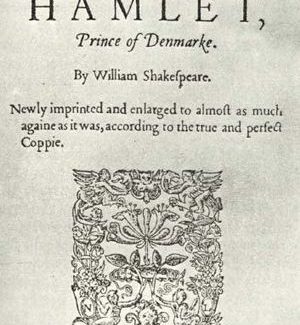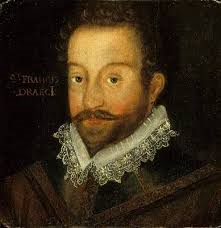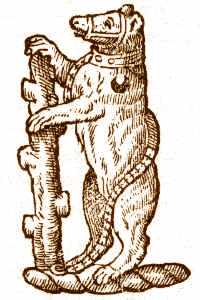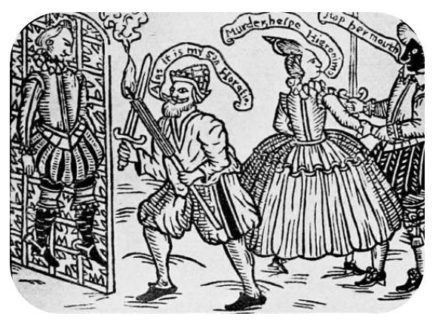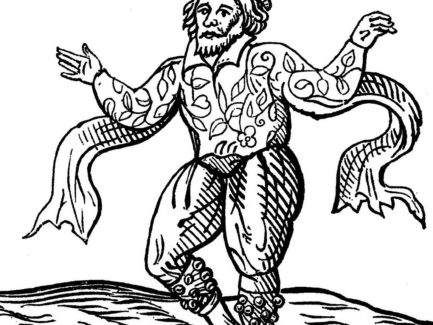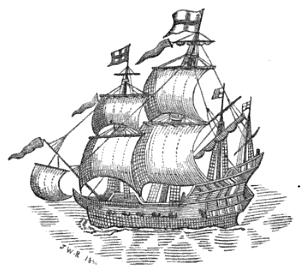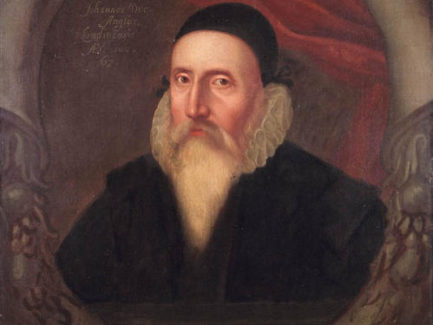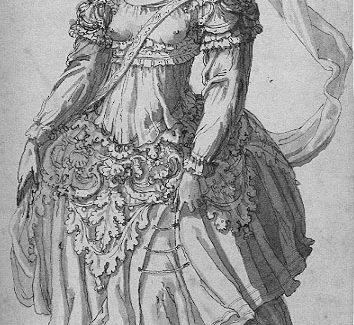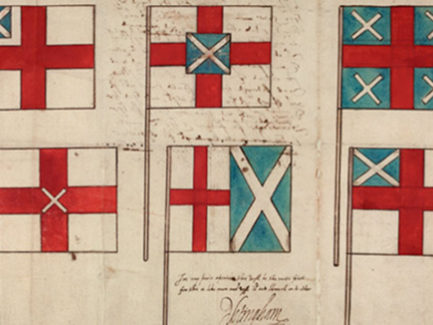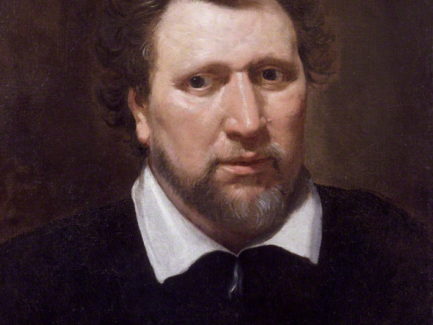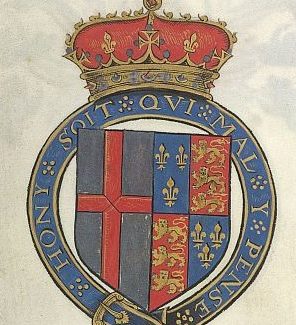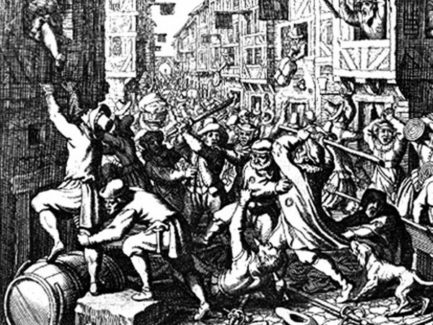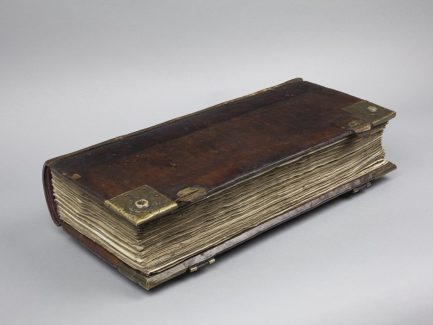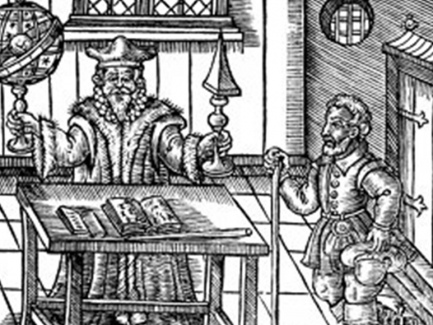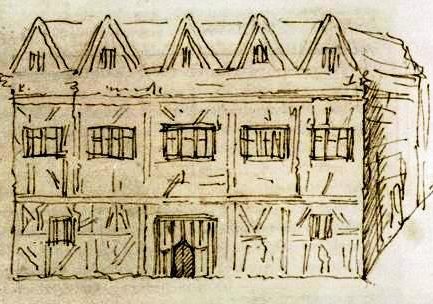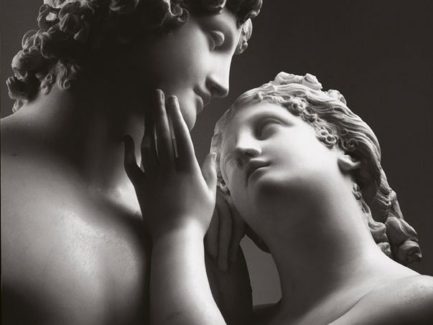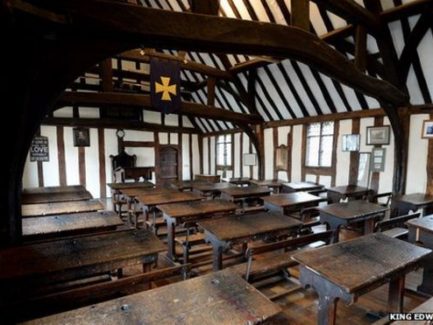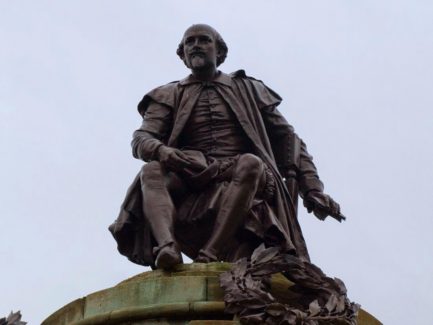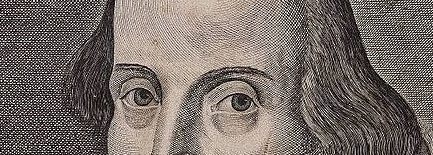Who destroyed the Globe in 1613?
The complete destruction of one of the most popular playhouses in early modern London was due to a freak accident during a performance of one of Shakespeare’s plays.
The Globe had been built on the south side of the Thames out of the pieces of the old Theatre when it was dismantled in 1598. The Lord Chamberlain’s Men performed there during the summer season from 1599 and when they became the King’s Men in 1604, it was still their primary playhouse. It caught fire and burned down on 29 June 1613 during a performance of Shakespeare and Fletcher’s Henry VIII, All Is True. No one was injured, but the building was completely destroyed. As was usual practice, a cannon shot had been used for sound effects during the performance. Unfortunately, it also created a spark which set the entire building on fire. The thatched roof and wooden beams quickly caught fire, and within an hour or two the flames had consumed the entire playhouse. According to Sir Henry Wotton the fire ‘ran round like a train’ but no one was hurt:
[The fire] ran round like a train, consuming within less than an hour the whole house to the very grounds. This was the fatal period of that virtuous fabric, wherein yet nothing did perish but wood and straw, and a few forsaken cloaks, only one man had his breeches set on fire, that would perhaps have broiled him, if he had not by the benefit of a provident wit put it out with bottle ale.
A poem, attributed to William Parrat, was published soon after this event with the title A Sonnet upon the pitiful burning of the Globe playhouse in London. The mocking verse described how the ‘fearful fire began above’ and was a ‘wonder strange and true’:
All you that please to understand,
Come listen to my story,
To see Death with his raking brand
‘Mongst such an auditory;
Regarding neither Cardinal’s might,
Nor yet the rugged face of Henry the Eight.
Oh sorrow, pitiful sorrow, and yet all this is true…
No shower his rain did there down force
In all that sun-shie weather,
To save that great renowned house;
Nor thou, O ale-house, neither.
Had it begun below, sans doubt,
Their wives for fear had pissed it out.
Oh sorrow, pitiful sorrow, and yet all this is true.
Be warned, you stage-strutters all,
Least you again be catched,
And such a burning do befall,
As to them whose house was thatched;
Forbear your whoring, breeding biles,
And lay up that expense for tiles.
Oh sorrow, pitiful sorrow, and yet all this is true.
© 2020 Shakespeare’s World
To read more about this topic and other events on this day in Shakespeare’s lifetime, you can see our recommendations for further reading and visit our website to buy Shakespeare’s World App or to follow us on social media.





